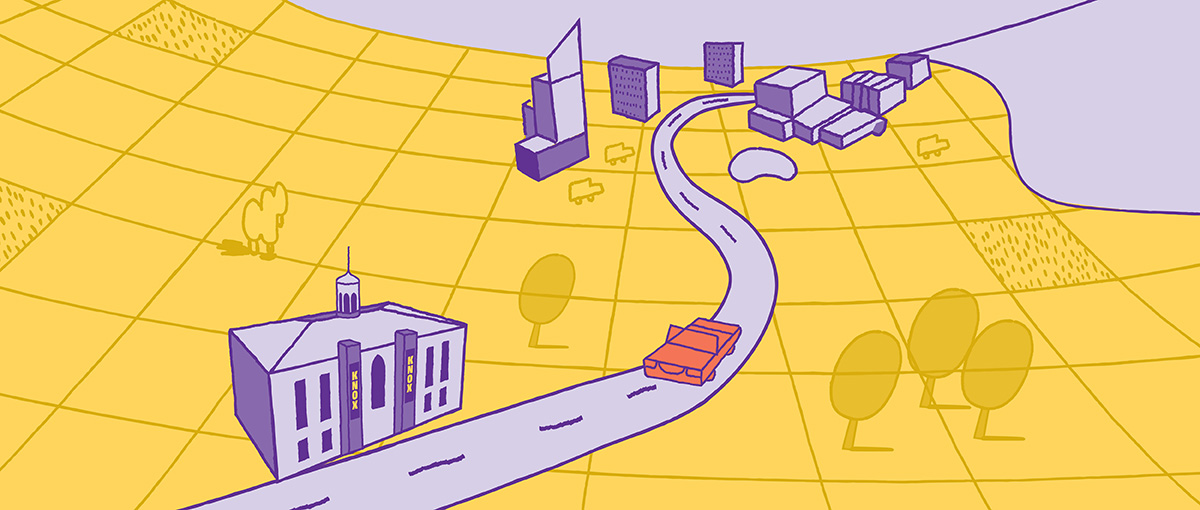
HEOA Peer to Peer Policy
The Higher Education Opportunity Act makes three general provisions designed to eliminate the illegal distribution of copyrighted materials through peer to peer (P2P) file sharing:
- An annual disclosure to students describing copyright law and campus policies related to the violation of copyright law.
- A plan to "effectively combat the unauthorized use and distribution of copyrighted materials by users of its network including the use of one or more technology based deterrents".
- A plan to "offer alternatives to illegal downloading".
Consequences of Copyright Law Violation
- Students should be aware that unauthorized distribution of copyrighted material, including unauthorized P2P file sharing, may subject them to civil and criminal liabilities. The liabilities include:
- In general, anyone found liable for civil copyright infringement may be ordered to pay either actual damages or "statutory" damages affixed at not less than $750 and not more than $30,000 per work infringed. For "willful" infringement, a court may award up to $150,000 per work infringed. A court can, in its discretion, also assess costs and attorneys' fees. For details, see Title 17, United States Code, Sections 504, 505.
- Willful copyright infringement can also result in criminal penalties, including imprisonment of up to five years and fines of up to $250,000 per offense.
- Copyright infringement facilitated by use of the College's information technology infrastructure is prohibited and may result in disciplinary action with the applicable disciplinary authority for students, faculty and staff as outlined in the Acceptable Use Policy.
Technology Based Deterrents
- A Procera PacketLogic real-time enforcement device is deployed to provide intelligent network policy enforcement and bandwidth shaping functions on the network. In response to excessive usage of bandwidth by peer-to-peer programs and the receipt of multiple Digital Millennium Copyright Act (DCMA) notices in 2002 the use of P2P protocols has been blocked on the College's Internet connections. Since implementation the College has not received additional notices of alleged copyright infringement.
- The effectiveness of blocking P2P on the College's Internet connections as technology based deterrent shall be reviewed annually in January of each year. The primary indicator of effectiveness shall be:
- The number of DMCA violation notices received by the College in the previous calendar year.
- A review of the effectiveness of blocking P2P protocols on the College Internet connection.
- A Network Access Control System is deployed that requires each user adding a device to the campus network to view and endorse the Acceptable Use Policy in order to complete device registration process.
Alternatives to Illegal Downloading
- There are numerous sources for legally obtaining digital content. View a list of popular sources.

